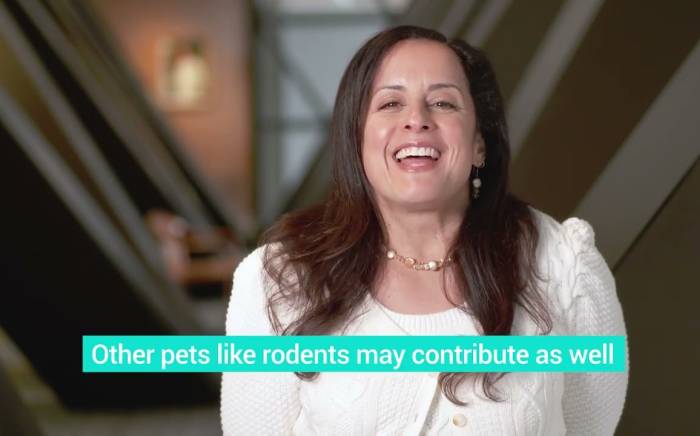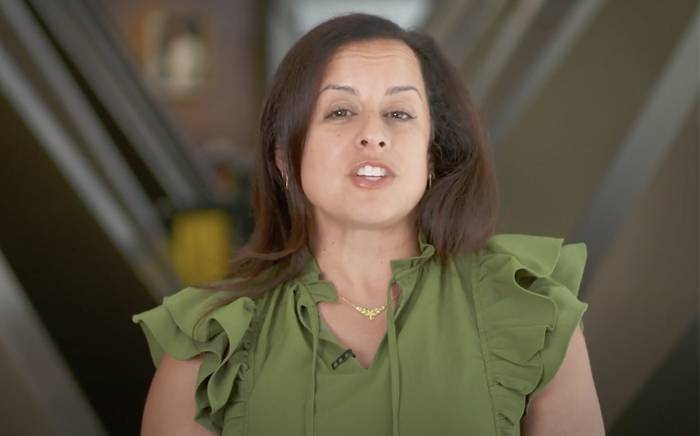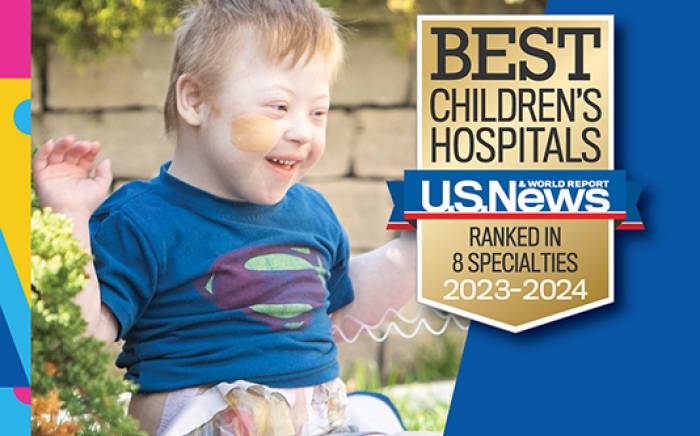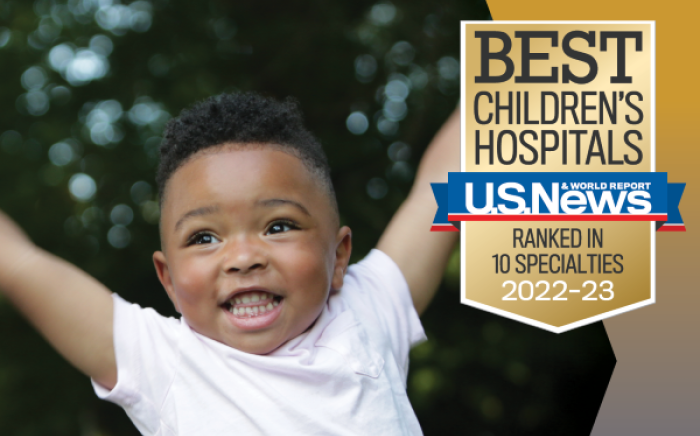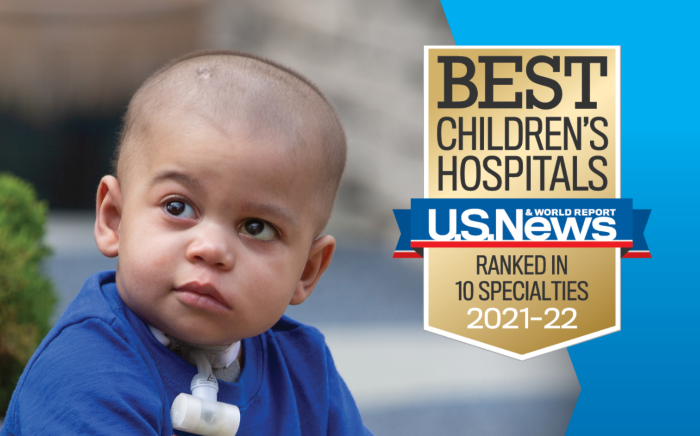You might—if you feed kids peanut products early.
Peanut allergies can seem very scary. They happen when a child’s immune system reacts badly to a protein in peanuts. When a child with a peanut allergy eats peanuts, she can have a life-threatening reaction called anaphylactic shock.
Many parents think they can keep their child from getting a peanut allergy if they don’t give him peanuts until he is older. But research shows kids are better off if they eat peanut products very early in life.
“Feeding infants peanut products from ages 4 to 6 months may prevent them from developing a peanut allergy,” says Avraham Beigelman, MD, a Washington University pediatric allergist at St. Louis Children’s Hospital. “Doing this may protect children from having a peanut allergy and is not harmful.”
Peanut Protection
The research comes from a study of 600 babies between 4 and 11 months old. One group of babies was given peanut butter or a peanut snack at least three times a week. The other group was not given any peanut products. The study lasted until the children were 5 years old.
Only 3 percent of the kids who ate peanut products became allergic to peanuts. But 17 percent of those who did not eat peanuts did develop a peanut allergy.
An Early Start
Most babies can start eating peanut products between 4 and 6 months old, according to Dr. Beigelman. He warns that babies and very young children might choke on peanuts and should not eat them. You can use smooth peanut butter or snacks containing peanut butter. But ask your child’s pediatrician the best way to give peanut products to your child.
“Babies at a high risk of peanut allergy should be evaluated by an allergist before eating peanut products,” Dr. Beigelman says. “We want to be sure they are not already allergic to peanuts.”
Babies at high risk include those with a diagnosed egg allergy or severe eczema (babies with severe eczema need prescription medications to treat the problem). Eczema is a skin problem that causes dry, itchy skin. If your child takes prescription medications for eczema, talk to her pediatrician before feeding her peanut products.
Eat the Rainbow
Many other foods, such as eggs and wheat, can also cause allergies. Dr. Beigelman recommends introducing these foods early in life, as well—as long as they are given to your baby in addition to breastfeeding. They should never replace breast milk.
“Parents should feed babies many different foods starting at ages 4 to 6 months,” Dr. Beigelman says. “If you have any questions about safety, talk to your child’s pediatrician.”
It’s best to add new foods to your baby’s diet slowly, according to Dr. Beigelman. Introduce one new food at a time. This way, if your child does have a reaction, you know what caused it. Signs a baby or young child might have a food allergy include:
- hives
- rash
- vomiting
- wheezing and coughing
These signs will show up usually within a few minutes of eating the food and almost always within two hours after eating. If you suspect a severe allergic reaction, call 911 right away.
How You Treat Allergies
If your child has an allergy to peanuts or any other food, she should avoid it completely. Read food labels carefully. When you go to restaurants, ask questions about what’s in a dish and how it was prepared. Also, tell your child’s teachers and school administrators so they know how to keep her safe.
All children with a food allergy should carry an epinephrine auto-injector, Dr. Beigelman adds. This medicine can save a child’s life if he eats or comes in contact with a food he is allergic to.
Also, all children with a food allergy should have a written “Food Allergy Plan” that tells the family how to handle a food-allergy reaction.
Visit StLouisChildrens.org/FAME to download the food allergy and management education (FAME) toolkit, developed by St. Louis Children’s Hospital, which offers more helpful information about food allergies. To find an allergist who can help your child with food allergies, call St. Louis Children’s Hospital at 314.454.KIDS (5437) or toll-free at 800.678.KIDS.

